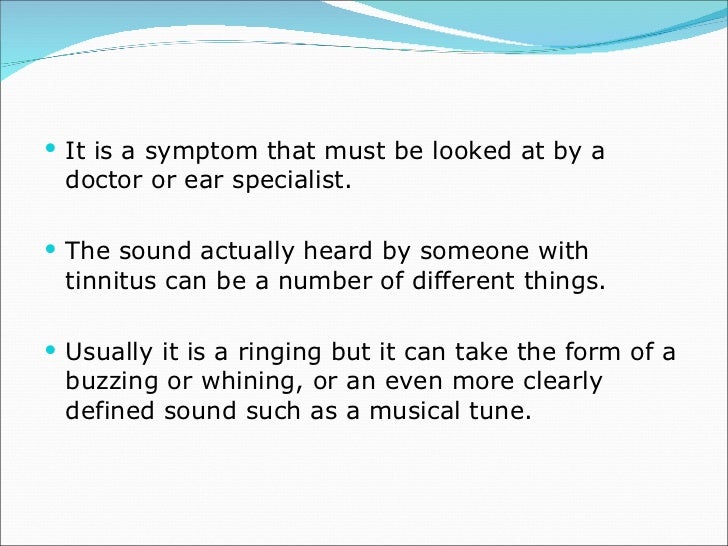

R Subjective Tinnitus – Head or ear noises that are perceivable only to that person. In general, there are two types of tinnitus: While tinnitus is a symptom of a wide range of conditions, it is most frequently the result of some level of hearing loss.” Tinnitus is not a disease in-and-of-itself, but rather a symptom of an underlying health issue. Roughly 20 million people struggle with burdensome chronic tinnitus, while two million have extreme and debilitating cases.

Centers for Disease Control estimates that nearly 15% of the general public – over 45 million Americans – experience some form of tinnitus. Millions of Americans experience tinnitus, often to a debilitating degree, making it one of the most common health conditions in the country. Tinnitus can be both an acute (temporary) condition or a chronic (ongoing) health problem. In some rare cases, tinnitus patients report hearing music. While it is commonly referred to as “ringing in the ears,” tinnitus can manifest many different perceptions of sound, including buzzing, hissing, whistling, swooshing and clicking. “Tinnitus is the perception of sound when no actual external noise is present. The American Tinnitus Association is a great resource at and defines this common problem as follows:


 0 kommentar(er)
0 kommentar(er)
